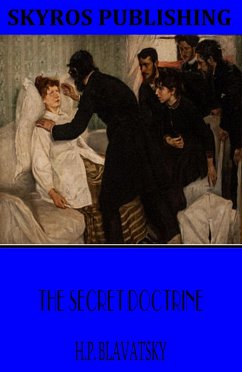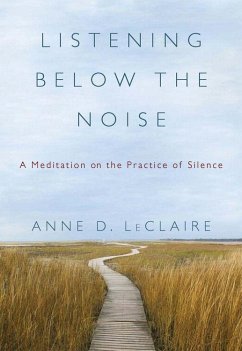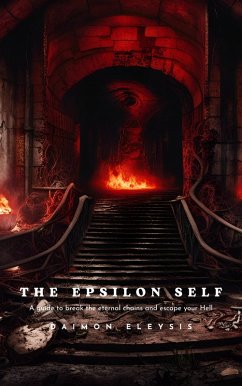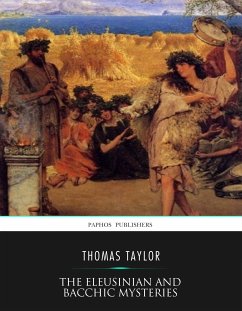
The Death-Blow to Spiritualism (eBook, ePUB)
Being the True Story of the Fox Sisters

PAYBACK Punkte
0 °P sammeln!
In "The Death-Blow to Spiritualism," Reuben Briggs Davenport explores the burgeoning spiritualist movement of the late 19th century, offering a compelling critique grounded in empirical science and rational discourse. Davenport's literary style is marked by clarity and cogent argumentation, as he methodically dismantles the claims of mediumship and the supernatural through logical reasoning and anecdotal evidence. Set against a backdrop of skepticism and the rise of scientific inquiry, this work serves as both a historical document and a philosophical treatise that invites readers to consider ...
In "The Death-Blow to Spiritualism," Reuben Briggs Davenport explores the burgeoning spiritualist movement of the late 19th century, offering a compelling critique grounded in empirical science and rational discourse. Davenport's literary style is marked by clarity and cogent argumentation, as he methodically dismantles the claims of mediumship and the supernatural through logical reasoning and anecdotal evidence. Set against a backdrop of skepticism and the rise of scientific inquiry, this work serves as both a historical document and a philosophical treatise that invites readers to consider the implications of belief versus evidence. Reuben Briggs Davenport was an accomplished writer and social critic whose background in law and journalism informed his approach to the topic of spiritualism. Davenport's disillusionment with the sensationalism surrounding the spiritualist movement led him to investigate its practices, approaching the subject with both personal conviction and scholarly rigor. His previous works establish him as a voice of reason in an era fraught with unverified claims and emotional manipulation, showcasing his commitment to promoting rational thought. "The Death-Blow to Spiritualism" is a must-read for anyone interested in the interplay between belief and skepticism, especially in the context of the evolution of rational thought in American society. Davenport's incisive analysis and resolute stance challenge readers to critically evaluate their own beliefs and the veracity of the phenomena surrounding them.
Dieser Download kann aus rechtlichen Gründen nur mit Rechnungsadresse in A, B, BG, CY, CZ, D, DK, EW, E, FIN, F, GR, H, IRL, I, LT, L, LR, M, NL, PL, P, R, S, SLO, SK ausgeliefert werden.













